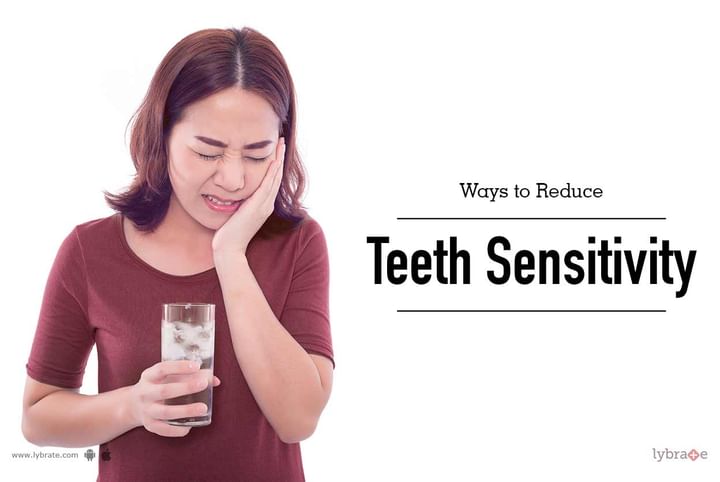Ways to Reduce Teeth Sensitivity
The tooth is made of 3 layers, each with unique characteristics and specific function, the enamel, dentin, and pulp. The enamel is the outermost layer of the tooth and gives the tooth it's hard and lustrous appearance. The enamel is thicker on the crown than the root and is the first one to be affected by tooth decay. The only symptom when the enamel is decayed is food lodgment and discoloration.
The dentin is the next layer, which is composed of minute fine tubules leading from the enamel to the living portion of the tooth, which is the pulp. Once decay progresses from the enamel, the dentin is affected, and this leads to sensitivity in the teeth. When the root portion is exposed to the oral environment, because the root is covered by a more delicate substance called cementum, more severe dental sensitivity ensues.
There is a sharp, shooting discomfort through the tooth to specific foods, such as sweet, acidic, or hot or cold foods. The main reasons for tooth sensitivity include:
- Tooth decay, both crown and root caries
- Periodontal disease and gum recession
- Tooth erosion
- Aggressive tooth brushing
- Mouth breathing
- Bruxism or night grinding
However, there are some simple ways to manage sensitivity, which can be done regularly at home.
- Toothpaste made for sensitive teeth: Potassium nitrate has been shown to block the tubules and has been included as an active ingredient in toothpastes. These are very effective, and if you are brushing twice, this can be used instead of the regular paste once.
- Brushing: Both the type of toothbrush and the brushing technique can have an impact on sensitivity. Change to softer brushes and learn the ideal way to brush your teeth. A lot of times, rough brushing can lead to erosion and subsequent sensitivity
- Rinsing: Fluoride containing rinses have been proven to reduce sensitivity
- Food habits: Even before sensitivity sets in, being cautious to avoid acidic fruits and juices can help prolong the onset of sensitivity. If possible, consuming these food stuffs should be followed by brushing or at the least a thorough rinsing
- Sealants: If a person is prone to caries (deep pits and fissures, for instance), then it is advisable to get sealants applied on the teeth. This can reduce the instance of wearing of the enamel which then leads to sensitivity
- Mouth guard: If you are a night grinder, then a mouth guard can help curtail this habit and thereby reduce sensitivity.
There you go with how to reduce sensitivity. Try these simple, easy measures and go on to enjoy the sweets or hot or cold foods that you have always craved for.



+1.svg)
